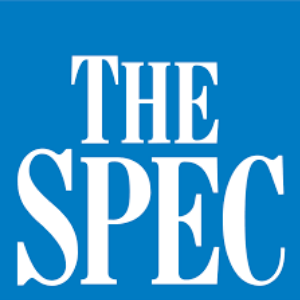
In the COVID-19 era, cities must build back better
The COVID-19 pandemic is an urban crisis. Globally, over 95 per cent of all cases are in cities.

The COVID-19 pandemic is an urban crisis. Globally, over 95 per cent of all cases are in cities.

The coronavirus pandemic is exposing the quality of governments around the world. Many national leaders have failed the test—in contrast to the leaders of regions and cities

Having ravaged some of the world’s wealthiest cities, the coronavirus pandemic is now spreading into the megacities of developing countries.

Enquanto a primeira onda da pandemia do coronavírus recua na Europa Ocidental, no leste da Ásia e na América do Norte, ela começa a ganhar velocidade na América Latina, na África e no sul da Ásia.

The first wave of the COVID-19 pandemic may be receding in some parts of Western Europe, East Asia and North America, but it’s rapidly taking-off in Latin America, Africa and South Asia.

Coronavirus pandemic hits cocaine traffickers, says UN report, as global roadblocks have halted transportation and disrupted a business that relies on legal trade to “cover up” its business and the possibility for individuals to distribute drugs to consumers

Following the recent ouster of Brazil’s popular justice minister, Sergio Moro, the world’s fourth-largest democracy is on the brink of plunging into even deeper instability.

Cities are at the center of this pandemic, as they have been during so many plagues in history.

The COVID-19 pandemic is painfully exposing the world’s many interconnected fragilities

The pandemic has turned the world outside our doorsteps into a newly formed wilderness. Public spaces are now areas to be ventured into sparingly, except by essential workers, so for most of us our worlds have shrunk to the size of our homes.

Published in World Economic Forum By Robert Muggah In every crisis it is the poor, sick, disabled, homeless and displaced who suffer the most. The COVID-19 pandemic is no exception. Migrants and refugees, people who shed one life in search for another, are among the

The world is entering a volatile and unstable new phase.

The COVID-19 pandemic brought the world’s bustling cities to a screeching halt. The outbreak has revealed how urban centers are the front and last lines of defense against infectious disease outbreaks. They are also the key to leading national and global recovery.

Melina Risso, do Instituto Igarapé, fala da preocupação com o sistema penitenciário em meio à pandemia. Ela explica que as medidas de isolamento para conter a entrada e o avanço da Covid-19

Publicado em Folha de S.Paulo Por Ilona Szabó O mundo mudou, mas ainda não se sabe se para melhor ou pior. A pandemia está sendo descrita como a maior ameaça à paz, à segurança e ao desenvolvimento global desde a 2ª Guerra Mundial. O foco, no
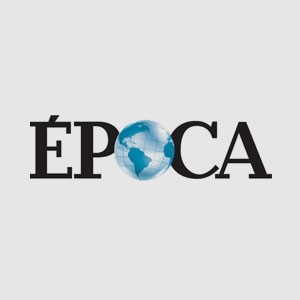
Se líderes políticos e grandes empresas tomarem as melhores decisões, as cidades podem sair melhores do que entraram na pandemia

Michele dos Ramos, do Instituto Igarapé, fala de outras dimensões da segurança em meio à pandemia do coronavírus.

Published in Foreign Policy By Robert Muggah The world is convulsed by the novel coronavirus, but that is not the only pathogen that afflicts us. Criminal violence is also endemic, contagious, and highly virulent. More than 464,000 people were killed in homicides in 2017 (the last

Published in Reuters By Igarape Institute Community cafes and after-school clubs aren’t obvious tools for tackling gang violence but a non-profit picked up a prestigious award on Thursday for the creative ways it helps over a million young Latin Americans avoid crime and find jobs.
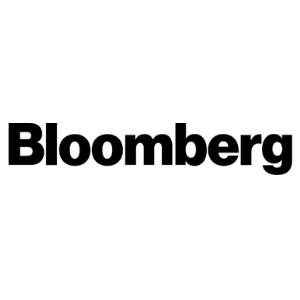
As coronavirus gales across the Americas, officials from Mexico to Chile have puzzled over how to keep millions locked down at home
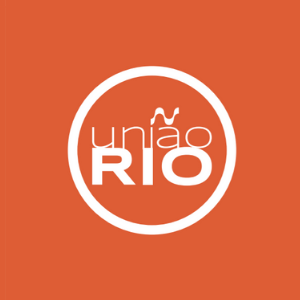
União Rio é um movimento voluntário da sociedade civil do Rio de Janeiro que reúne pessoas e organizações não governamentais a fim de reduzir os impactos da pandemia de #COVID19.

Published in Financial Times By Robert Muggah With president Jair Bolsonaro dismissing the pandemic as “sniffles” and criticising regional lockdown measures, the country’s drug gangs and paramilitary groups have stepped in to enforce social distancing to combat the spread of coronavirus. “Whoever is caught on
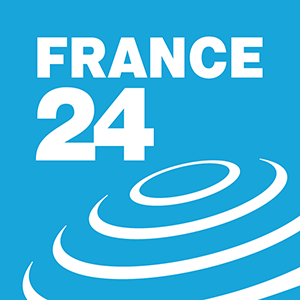
Publicado em France 24 Por Robert Muggah O diretor de pesquisa do Instituto Igarapé Robert Muggah concedeu ao canal FRANCE 24 uma entrevista sobre o assunto. Assista:

Publicado em Estado de São Paulo Por Ilona Szabó O Brasil é o terceiro país com a maior população carcerária do mundo – com quase 800 mil presos, sendo que 41,5% deles são presos provisórios ou seja, ainda não foram julgados. As condições de moradia

Published in Washington Post By Robert Muggah Hundreds of thousands of people around the world are jailed in crammed cells under unsanitary conditions, fertile ground for the spread of the coronavirus, but many governments have yet to adopt measures that could prevent the pandemic from

Published in Bloomberg By Robert Muggah At midnight on March 17, Paraguay closed down the Friendship Bridge to Brazil. It was the first time in more than half a century that traffic stopped on the emblematic land link between the two South American neighbors, where

With COVID-19 infections now evident in 176 countries, the pandemic is the most significant threat to humanity since the second world war. Then, as now, confidence in international cooperation and institutions plumbed new lows.

Far from merely reflecting an unequal distribution of economic means, rising inequality comes with a broad range of additional toxic side effects, many of which the COVID-19 pandemic has thrown into sharp relief. With the pandemic transforming life around the world before our eyes, this is a problem that can no longer be ignored.

Estamos vivenciando o fim do mundo como o conhecemos. Fomos forçados a pausar, parar por tempo ainda indeterminado, o que considerávamos, até então, ser a nossa “vida normal”. Que momento excepcional para se estar vivo.

Publicado em Folha de S. Paulo Por Robert Muggah. Traduzido por Sergio Schargel. A Covid-19 será devastadora em comunidades e países de renda baixa e média, e o enfrentamento à pandemia e à recessão econômica demanda uma resposta global contundente que envolva governos nacionais, cidades e a sociedade civil.

O Instituto Igarapé utiliza cookies e outras tecnologias semelhantes para melhorar a sua experiência, de acordo com a nossa Política de Privacidade e nossos Termos de Uso e, ao continuar navegando, você concorda com essas condições.

